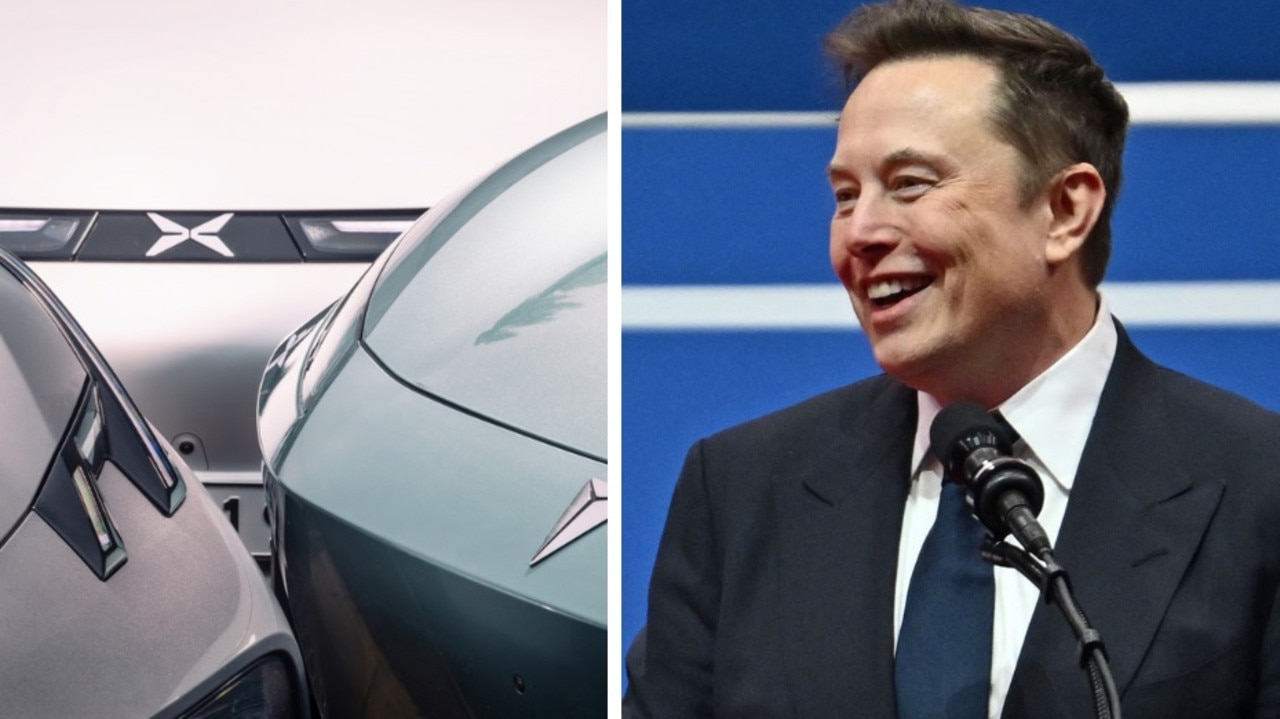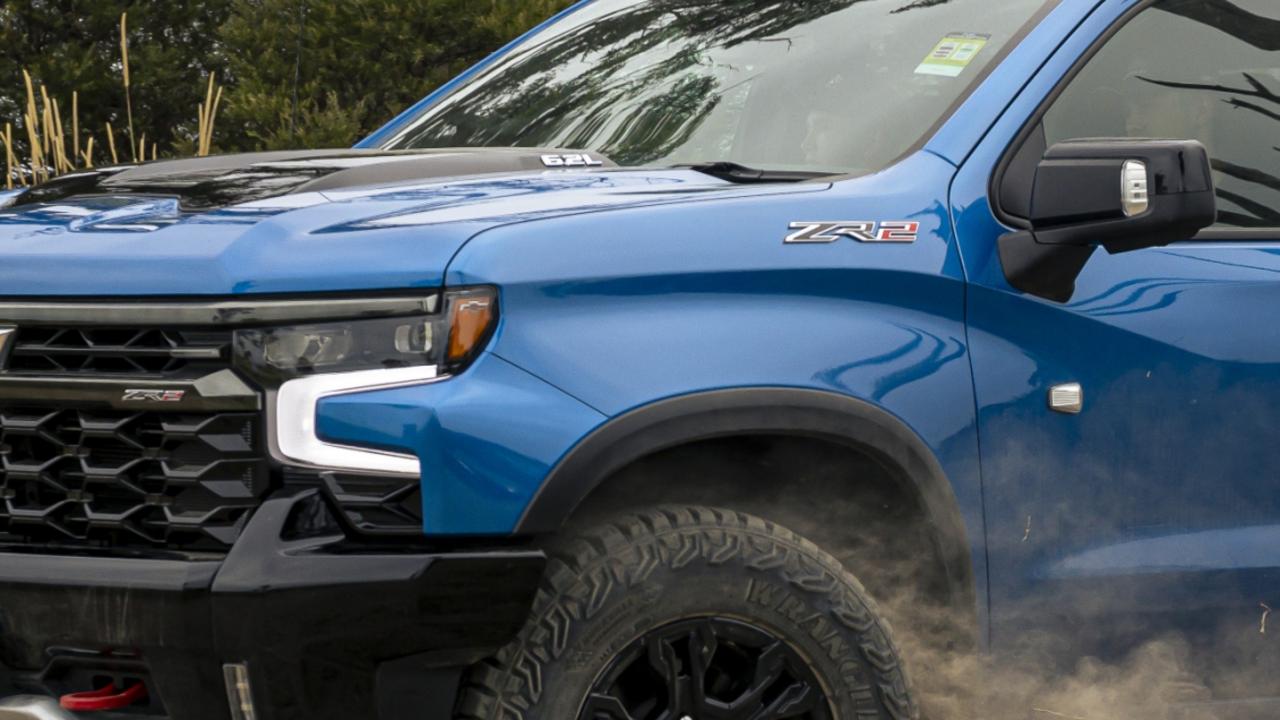2023 Hyundai Kona new car review
The popular brand has plugged a gap in its Australian line-up and the affordable new model will save owners lots of cash weekly.

New Cars
Don't miss out on the headlines from New Cars. Followed categories will be added to My News.
The Hyundai Kona has long offered a broad model range, from affordable petrol variants to electric vehicles.
Now Hyundai has filled the gap between the two with a fuel-sipping hybrid.
While it’s late to a party dominated by Toyota, the Kona Hybrid adds to the growing petrol-electric SUV options that include the Honda ZR-V, Nissan Qashqai e-Power and Haval Jolion.
The Kona Hybrid uses the same body and basic layout as the petrol-only models that were released earlier this year.
But the Hybrid pairs a 1.6-litre four-cylinder petrol engine with a 32kW/170Nm electric motor to make a combined 104kW and 265Nm. Drive is sent only to the front wheels.
Entry-level Kona Hybrid variants sell from about $40,000 drive away, a $4000 premium over the front-drive petrol models.
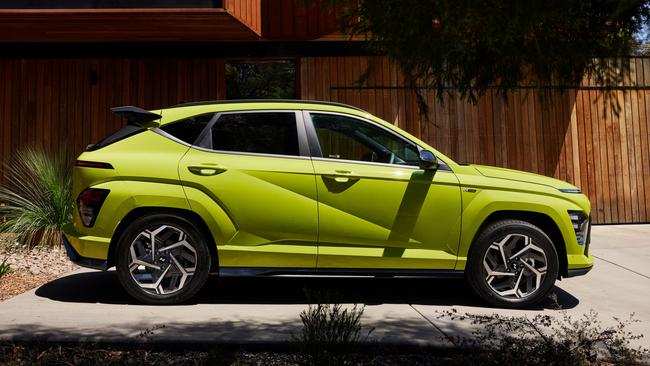
For that there are 18-inch wheels, a 12.3-inch infotainment screen, wireless phone charging, smart-key entry, dual-zone ventilation and BlueLink remote connectivity with over-the-air software updates.
Safety gear includes auto emergency braking, blind-spot and lane-keep assist, safe-exit warning and rear cross-traffic alert.
Step up to the Premium at $48,000 and there’s leather trim, a 12.3-inch digital instrument cluster, 360-degree camera, eight-speaker Bose sound system, adjustable ambient lighting, a powered tailgate, four heated seats and ventilated front seats.
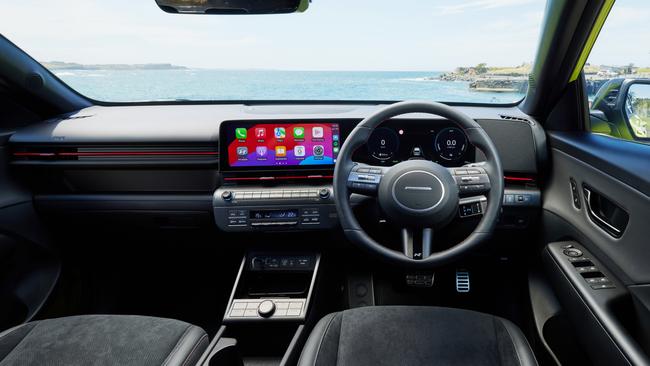
As with petrol-only versions, the Hybrid can be optioned with an N-Line pack ($3000-$4000) that adds a rear spoiler, dark door handles, red interior highlights, alloy pedals, black roof lining and leather and Alcantara sports seats.
Inside, the Hybrid has impressive space by compact SUV standards. A low-slung centre console provides loads of storage space upfront. It’s a well thought-out cabin that is also well put together
An almost flat floor in the rear makes squeezing three across the rear that little more palatable, even if broader hips may run out of space.
The 407-litre boot space is identical to other Konas and there’s even a spare wheel, albeit a space saver.

Most of the car’s features can be accessed through the large touchscreen but there are also physical buttons and dials for commonly used features.
Don’t go reaching for a gear selector, though. Selecting drive is done by twisting an oversized stalk hanging off the right side of the steering column.
Taking off enlists the torquey electric motor to assist the modest 1.6-litre petrol engine. It’s a nice mix that feels relaxed and responsive for suburban running.
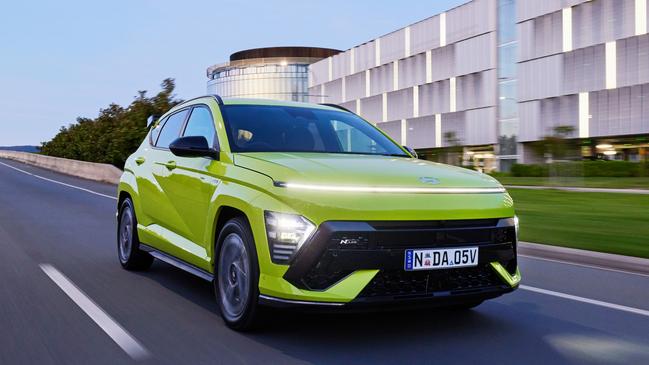
Step on the throttle at country road speeds and the engine gets more vocal. Acceleration is modest but respectable. Importantly, it’s good where you need it in everyday driving.
The official fuel use claim is 3.9 litres per 100km, but we averaged about 6L/100km over a road loop that included plenty of twisting country roads.
There were times through the suburbs when it got closer to 5L/100km, though.
At 3.9L/100km, the payback for the $4000 price premium in fuel costs alone would be about five years for a car covering 15,000km annually.
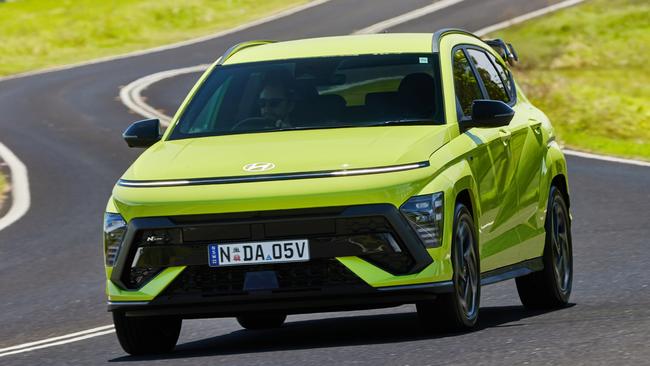
Despite its compact dimensions the Kona Hybrid feels more like a bigger SUV on the road.
It disposes of bumps nicely and recovers adeptly for a comfortable and composed ride.
There’s a deadness to the steering that detracts from the otherwise lively dynamics.
It’s hardly a deal breaker but is out of step with the rest of the car.
On the whole the Kona Hybrid does plenty right but it’s also up against stiff competition in the form of the larger RAV4 Hybrid, other Toyota hybrids and various newcomers taking advantage of increased interest in cars that use a lot less fuel.
The Kona is a confident and well-presented hybrid that adds to the mix rather than sets any benchmarks.
Perhaps its biggest advantage over Toyota hybrids is that you don’t have to queue to own one.
HYUNDAI KONA HYBRID
PRICE: From about $40,000 drive away
WARRANTY/SERVICE: 5 yrs/unlimited km, $1995 for 5 yrs/75,000km
SAFETY: Seven airbags, auto emergency braking, lane-keep and blind-spot assist, driver monitor, rear cross-traffic alert, rear occupant alert, exit warning
ENGINE: 1.6-litre four-cylinder hybrid, 104kW/265Nm
THIRST: 3.9L/100km
SPARE: Space-saver
BOOT: 407 litres
Originally published as 2023 Hyundai Kona new car review

